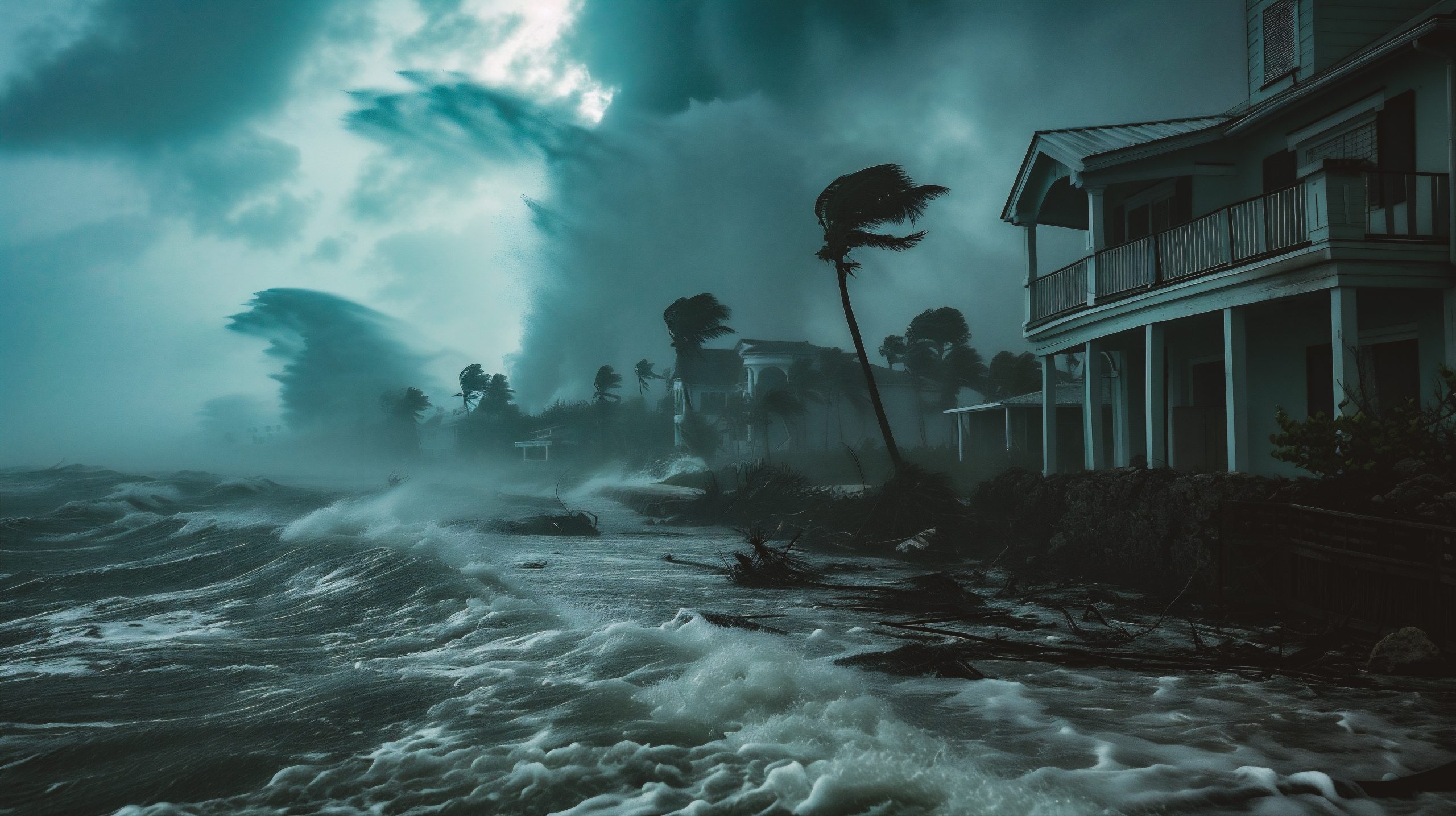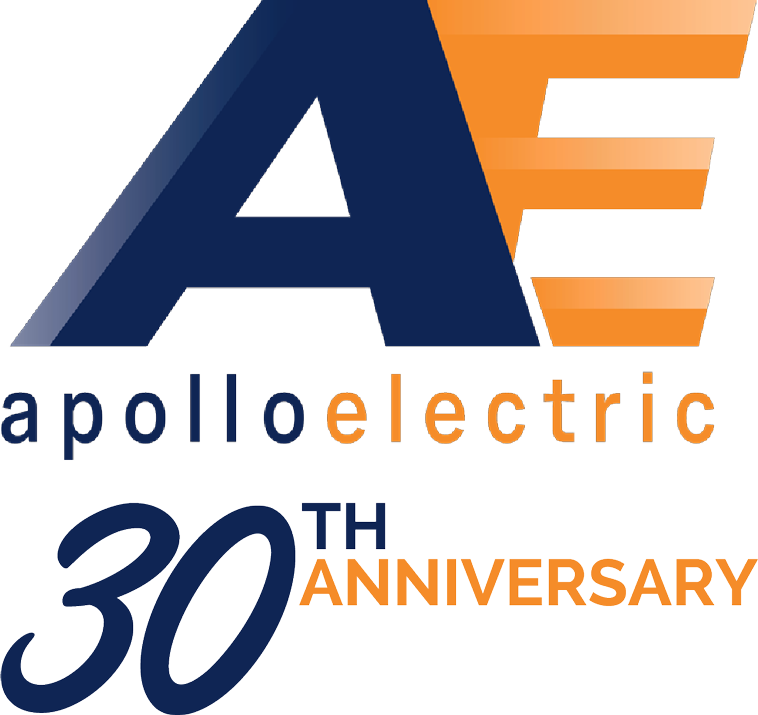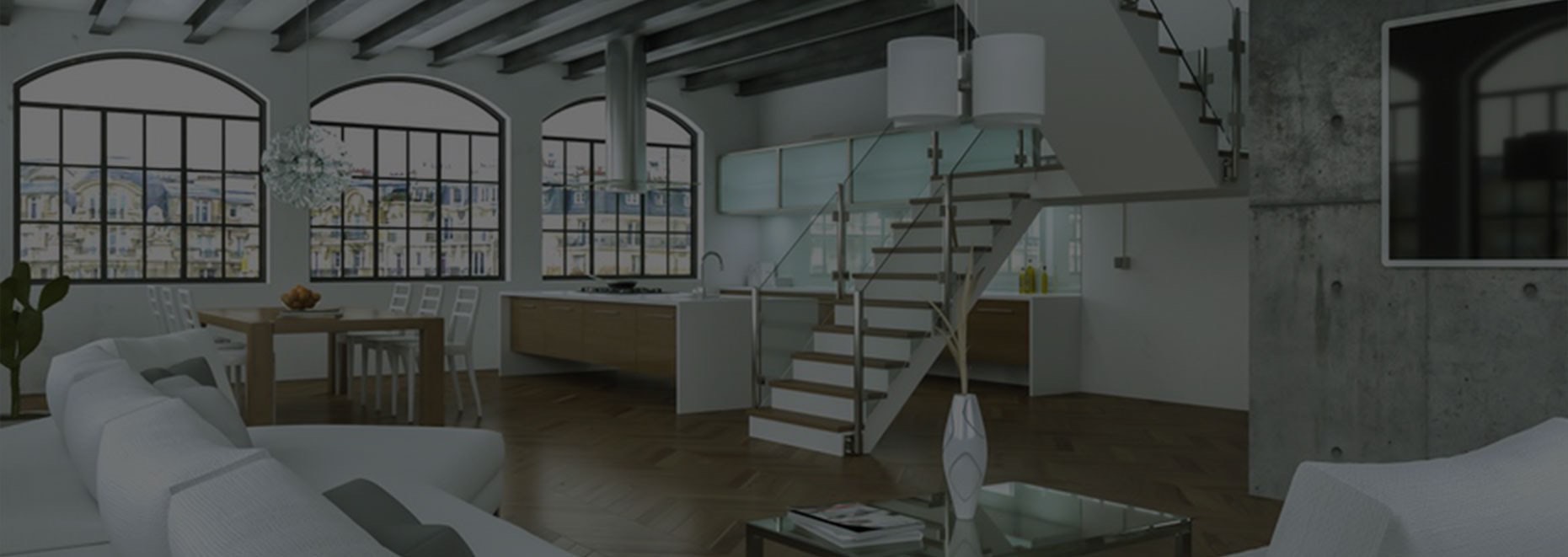
Regional Focus: Key Electrical Considerations for Florida’s Coastal Climate
Florida is known for its sun-drenched coastlines and tropical atmosphere, but beneath the palm trees and ocean breezes lies a uniquely complex environment for electrical infrastructure. For electricians and contractors working throughout the state, particularly in coastal areas, Florida’s climate presents ongoing technical challenges that demand thoughtful, long-lasting solutions.
The key is to find an electrical team that knows what it takes to build and maintain resilient electrical systems in this setting. Florida residential projects require an elevated approach to ensure durability, safety, and code compliance under intense environmental pressure.
The High Stakes of Humidity and Salt Air
Humidity is a constant in Florida. Combine that with the salty air along the coast and you get accelerated corrosion—an issue that affects everything from wiring to junction boxes to exterior lighting fixtures. Standard materials often degrade faster in this setting, which is why product selection and installation techniques must be elevated across the board.
To address these concerns, Apollo Electric uses corrosion-resistant materials, sealed conduits, and weather-rated enclosures wherever exposure is possible. We also ensure that all outdoor wiring is protected using the latest waterproof technologies, helping to preserve the integrity of electrical systems long after installation. This is especially critical in exposed parking decks, rooftops, pool areas, and beachfront properties.
Hurricane Preparedness Is Not Optional
In a state where hurricane season can bring winds exceeding 150 mph, designing electrical systems with storm-readiness in mind isn’t just good practice—it’s non-negotiable. Power loss, surges, and flooding all pose major risks. Many municipalities now have updated codes requiring specific storm-hardening measures, including backup generators, surge protection devices, and elevated panels.
Apollo works closely with developers and contractors to integrate these features into the initial design. We anticipate potential vulnerabilities—like flood-prone electrical rooms or main panels placed below elevation requirements—and rework layouts accordingly. The goal is simple: build it once, and build it to last. When the next storm comes, our systems are prepared to weather the impact.
Code Compliance in a Rapidly Changing Market
Florida’s construction landscape is booming. With that growth comes increasing pressure to meet deadlines and pass inspections, all while adapting to ever-evolving code requirements. Florida’s Building Code and the National Electrical Code (NEC) each place an emphasis on safety, and counties near the coast may add additional layers of complexity.
Apollo’s team stays updated on all regulatory changes and brings an inspector-ready mindset to every job. We know what plan reviewers and field inspectors are looking for—especially in regions with enhanced electrical safety requirements, such as Miami-Dade and Palm Beach counties.
Grounding and Lightning Protection
Florida is the lightning capital of the U.S., with more than a million cloud-to-ground strikes each year. That makes grounding and bonding systems an essential part of any installation. A poorly grounded system can lead to power surges, equipment failures, and in severe cases, fire.
We prioritize grounding infrastructure as early as possible, collaborating with engineers to ensure lightning protection is built into the structure’s DNA. This includes surge protection, grounded conductor systems, and bonding across all metallic surfaces. It’s a level of detail that keeps building occupants safe and prevents thousands in potential damage to sensitive equipment.
Challenges in Existing Structures
While many projects in Florida are new builds, a growing number involve renovations of aging properties. These often come with outdated electrical panels, non-code-compliant wiring, or haphazard repairs that can create hazards. Add in Florida’s intense heat and moisture, and older wiring systems can pose serious fire risks.
Apollo has extensive experience in retrofitting older spaces with modern, efficient electrical systems. Our team evaluates every panel, outlet, and wire run to identify potential liabilities before they become emergencies. In commercial settings like hospitality or retail, that often means working off-hours to ensure tenant operations aren’t disrupted.
Smart Lighting, Smarter Planning
Lighting design in Florida has shifted dramatically in recent years. While aesthetics still matter, functionality and efficiency now share the spotlight. Many projects integrate automated lighting controls, occupancy sensors, and daylight harvesting systems—especially in LEED-certified buildings.
Apollo approaches lighting installations with both design intent and climate resilience in mind. Fixtures must not only look good and perform efficiently, but also resist the elements, especially in semi-outdoor spaces. Coastal buildings frequently require special fixtures rated for high humidity, UV exposure, and windborne debris.
Building the Future—Safely
Florida’s coastlines may offer postcard-worthy views, but they come with real engineering challenges. For electrical contractors, the margin for error is razor-thin. Every installation must be robust enough to stand up to the climate and smart enough to accommodate the next wave of technology.
At Apollo, we build confidence through powerful systems. Our teams are trained to think ahead, solve problems proactively, and deliver systems that are both code-compliant and climate-resilient. In a state where the elements never rest, we’re committed to creating electrical work that endures.

